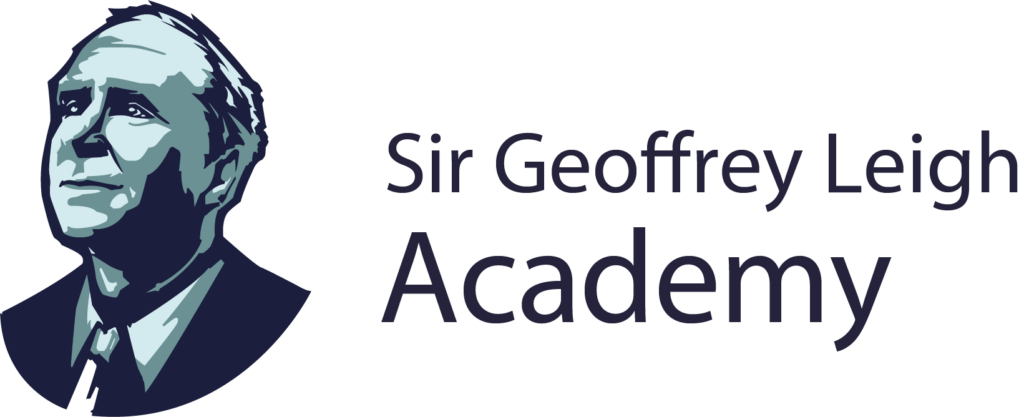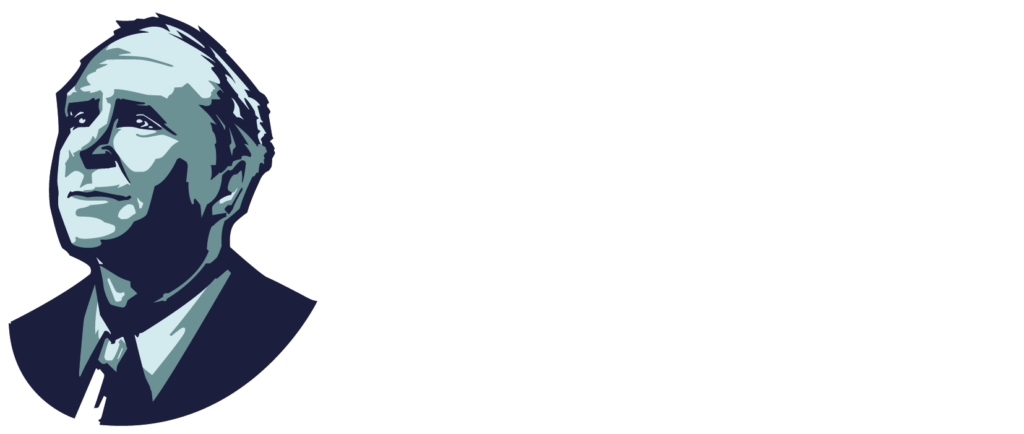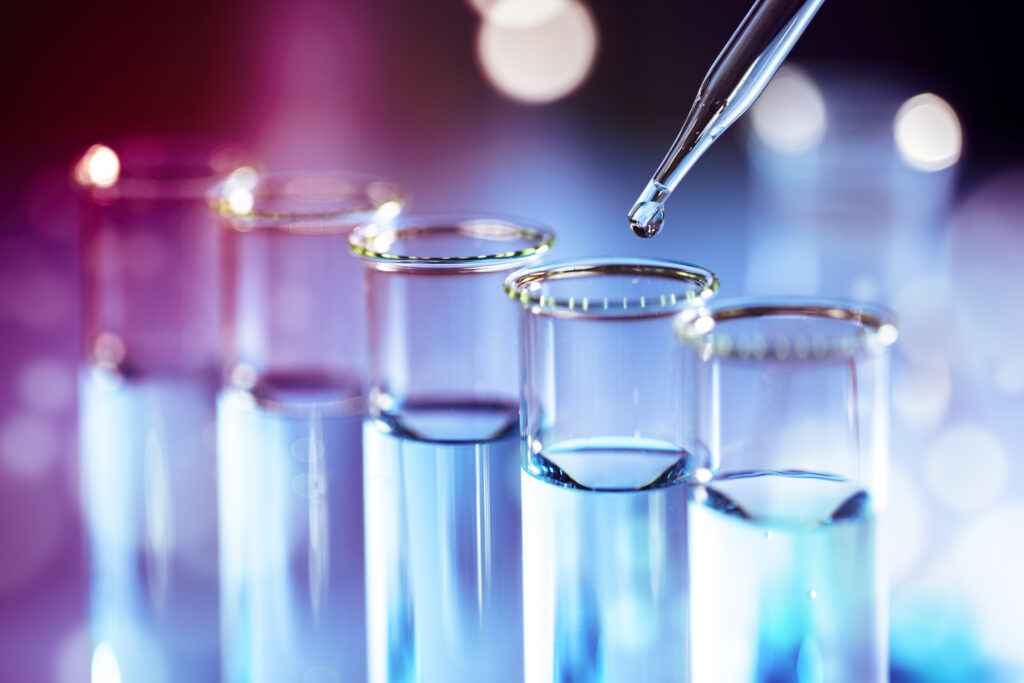Course Outline
Chemistry is an experimental science that combines academic study with the acquisition of practical and investigational skills. Chemical principles underpin both the physical environment in which we live and all biological systems. Chemistry is often a prerequisite for many other courses in higher education, such as medicine, biological science and environmental science.
Both theory and practical work should be undertaken by all students as they complement one another naturally, both in school and in the wider scientific community. The DP chemistry course allows students to develop a wide range of practical skills and to increase facility in the use of mathematics. It also allows students to develop interpersonal and information technology skills, which are essential to life in the 21st century.
By studying chemistry students should become aware of how scientists work and communicate with each other. While the scientific method may take on a wide variety of forms, it is the emphasis on a practical approach through experimental work that characterises the subject.
Teachers provide students with opportunities to develop manipulative skills, design investigations, collect data, analyse results and evaluate and communicate their findings.




